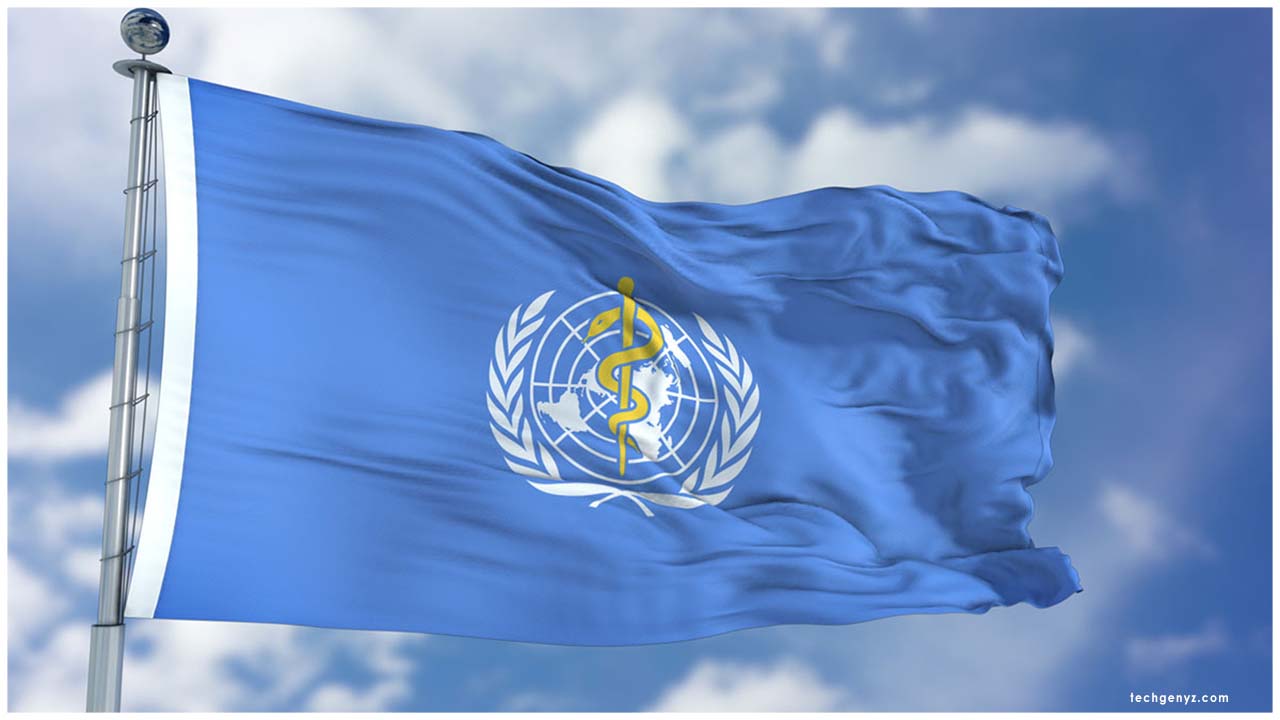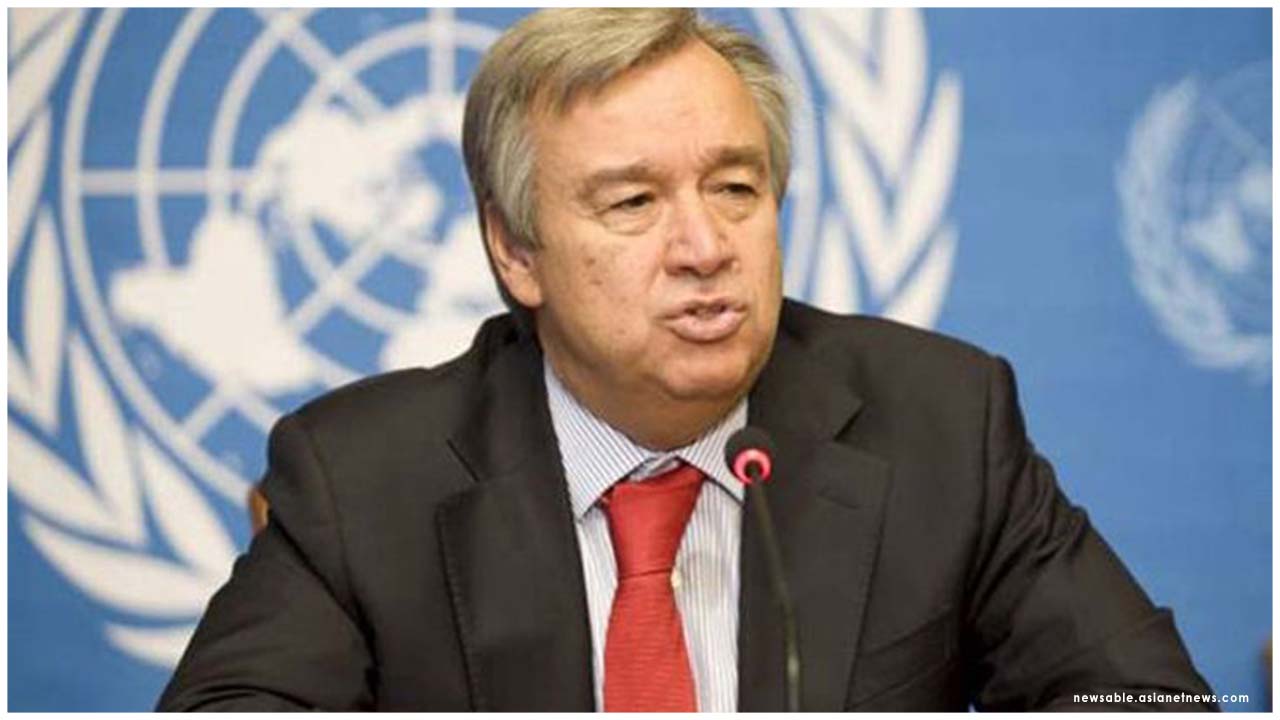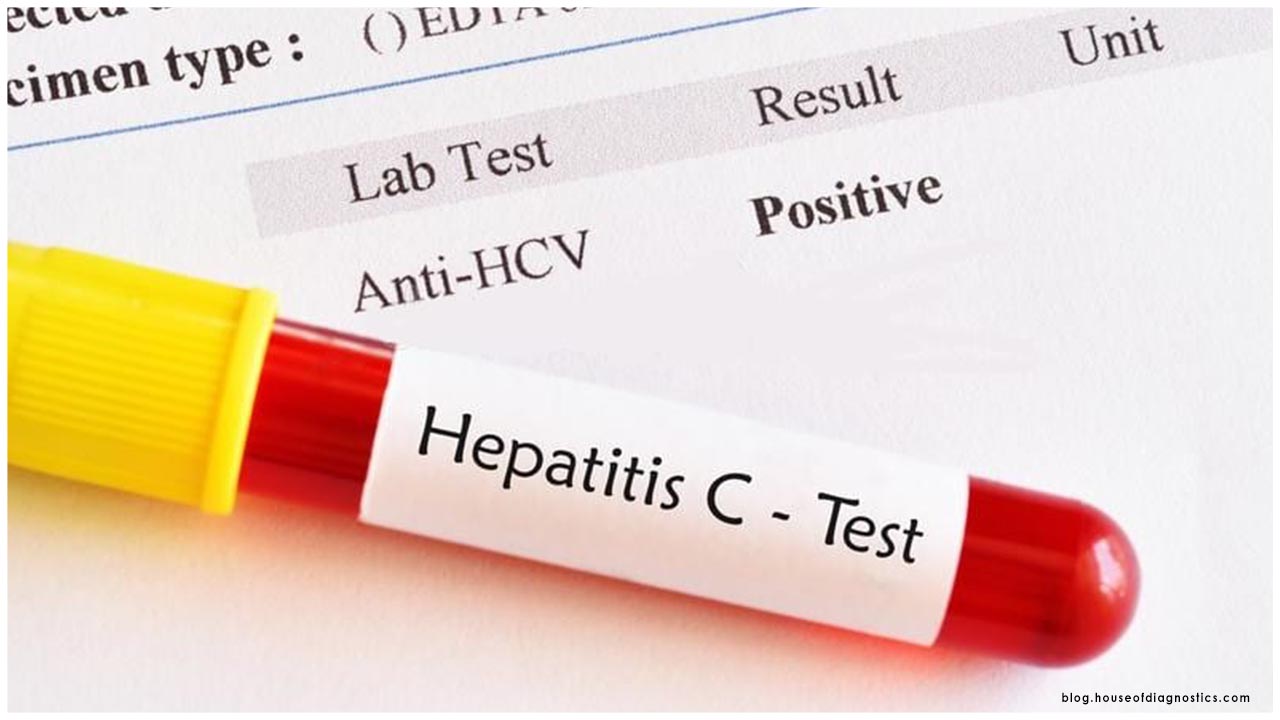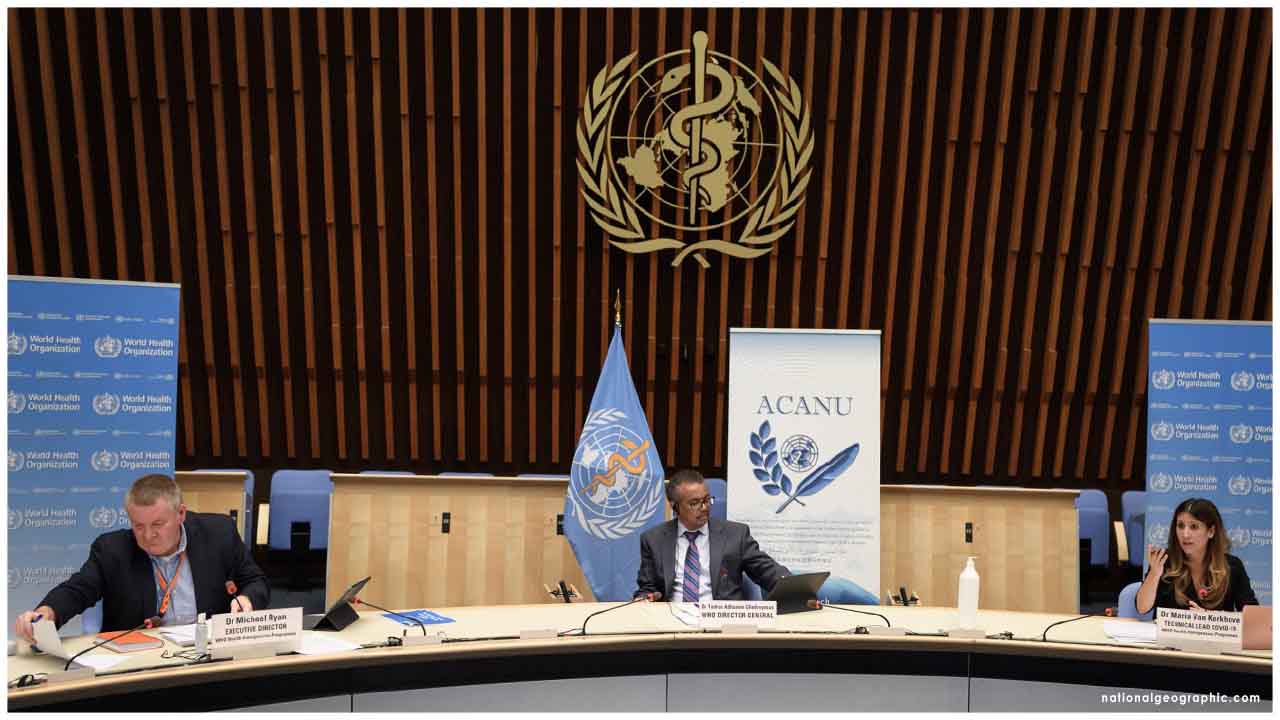The confluence of the coronavirus pandemic and the annual flu season this fall and winter has public-health officials nervous. Simultaneous surges of both respiratory viruses - sometimes called a "twindemic" - could overwhelm hospitals, straining resources and health-care workers' time.
Infectious-disease doctors are urging people to get a flu vaccine to lower their risk of contracting influenza viruses and helping them to spread. But flu symptoms and warning signs of covid-19, the illness caused by the novel coronavirus, are similar, and it can be hard to tell the difference.
Here's how experts respond to common questions about the illnesses.
Q: Is there a way to distinguish between flu symptoms and covid-19 symptoms?
A: Most people won't be able to tell which illness they have, according to infectious-disease doctors. Common warning signs for both include fever, cough, chills, and shortness of breath.
The one symptom that's common with covid-19, but not with the flu, is the loss of taste and smell. But not everyone with covid-19 experiences that symptom, and experts warned that someone with allergies or a cold might also struggle to smell because they have a stuffy nose.
Absent a loss of taste or smell, most patients will need a nasal swab to get a proper diagnosis.
"This is going to be a very tough year," said Gary Simon, director of the Division of Infectious Diseases at George Washington University. "Many physicians will have patients that could have either one, and there won't be any way to distinguish them, short of a laboratory test."
Q: How long is someone contagious with the flu or covid-19?
A: Influenza viruses tend to cause illness sooner after contact with an infected person than covid-19. Flu patients usually develop symptoms within one to four days of exposure, whereas up to 14 days could pass before someone with covid-19 becomes sick.
Once a person has been infected, the flu is contagious for a shorter period than scientists believe covid-19 is. A flu patient can usually transmit the virus from a few days before developing symptoms until about 24 hours after those symptoms go away. Someone with covid-19 is contagious before they develop symptoms and could be contagious for up to 10 days afterward.
Neha Vyas, a family medicine doctor at Cleveland Clinic, suggested that anyone who has been sick should wait three days after their symptoms clear up to return to their normal activities.
Q: When should someone see a doctor if they have symptoms of the flu or covid-19?
A: Vyas said anyone who has at least two symptoms should call their primary care physician to find out whether they should get a test.
Aaron Milstone, the associate hospital epidemiologist at Johns Hopkins Hospital, recommended being even more proactive by contacting a doctor "the minute someone's concerned." He emphasized that anyone with symptoms, no matter how mild, should get tested for the coronavirus so that public-health officials can track the spread.
"It's hard to recommend saying to someone, 'If it's just a little something, don't worry about it,'" Milestone said. "Given that we're trying to identify people early and contain the virus, I'd encourage people to get tested, especially if they can't isolate themselves for some time to see if those symptoms are going to change."
Q: Can someone get both the flu and covid-19 this fall or winter?
A: Yes, it's possible to come down with both illnesses in the next few months, possibly even at the same time. Someone who has either disease is likely to be more vulnerable to contracting the other because their immune system is weakened, Vyas said.
Milstone said doctors don't yet know whether having the flu or covid-19 increases a person's chances of having severe complications if they also pick up the other illness.
Q: Does getting a flu vaccine to make it easier to tell if someone has the flu or covid-19?
A: While the flu vaccine doesn't protect against covid-19, health officials say limiting the circulation of influenza viruses is critical to preventing a double epidemic over the next few months.
Getting a flu vaccine makes someone less likely to come down with that illness, which means any symptoms they experience are more likely to signal covid-19. Still, the annual vaccine is more effective for some years than others, and a person could get the flu even if they've been vaccinated.
Milstone said people should keep in mind what's happening in their communities. If there's a flu outbreak, any symptoms they have are likely to represent the flu. If they live in a covid-19 hot spot, they're more likely to have that disease.
The strategies for protecting against the flu are the same ones that guard against covid-19: Wear a mask in public, maintain physical distance from other people, wash your hands frequently and stay home when you're sick.
A: Vyas said anyone who has at least two symptoms should call their primary care physician to find out whether they should get a test.
Aaron Milstone, the associate hospital epidemiologist at Johns Hopkins Hospital, recommended being even more proactive by contacting a doctor "the minute someone's concerned." He emphasized that anyone with symptoms, no matter how mild, should get tested for the coronavirus so that public-health officials can track the spread.
"It's hard to recommend saying to someone, 'If it's just a little something, don't worry about it,'" Milstone said. "Given that we're trying to identify people early and contain the virus, I'd encourage people to get tested, especially if they can't isolate themselves for some time to see if those symptoms are going to change."
Q: Can someone get both the flu and covid-19 this fall or winter?
A: Yes, it's possible to come down with both illnesses in the next few months, possibly even at the same time. Someone who has either disease is likely to be more vulnerable to contracting the other because their immune system is weakened, Vyas said.
Milstone said doctors don't yet know whether having the flu or covid-19 increases a person's chances of having severe complications if they also pick up the other illness.
Q: Does getting a flu vaccine to make it easier to tell if someone has the flu or covid-19?
A: While the flu vaccine doesn't protect against covid-19, health officials say limiting the circulation of influenza viruses is critical to preventing a double epidemic over the next few months.
Getting a flu vaccine makes someone less likely to come down with that illness, which means any symptoms they experience are more likely to signal covid-19. Still, the annual vaccine is more effective for some years than others, and a person could get the flu even if they've been vaccinated.
Milstone said people should keep in mind what's happening in their communities. If there's a flu outbreak, any symptoms they have are likely to represent the flu. If they live in a covid-19 hot spot, they're more likely to have that disease.
The strategies for protecting against the flu are the same ones that guard against covid-19: Wear a mask in public, maintain physical distance from other people, wash your hands frequently and stay home when you're sick.
"We're hoping all those things people are doing will be equally helpful in preventing influenza," Milstone said.
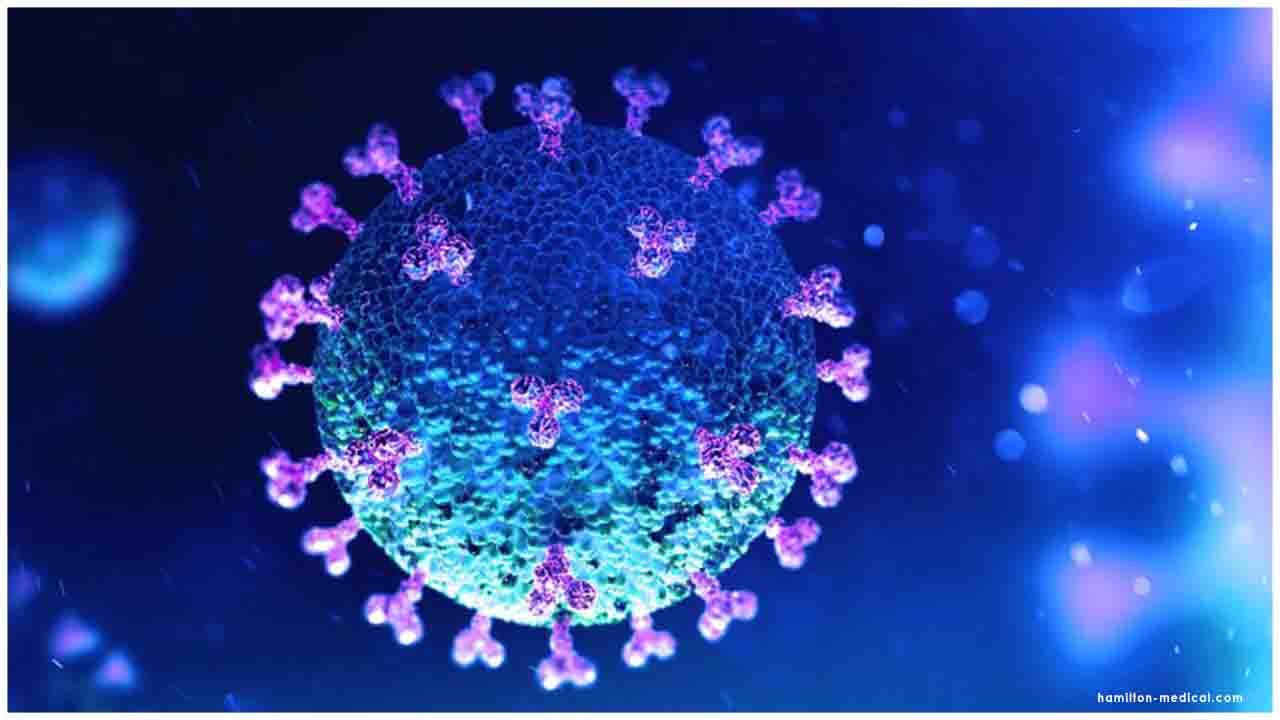
 Infectious-disease doctors are urging people to get a flu vaccine to lower their risk of contracting influenza viruses and helping them to spread.
Infectious-disease doctors are urging people to get a flu vaccine to lower their risk of contracting influenza viruses and helping them to spread.












